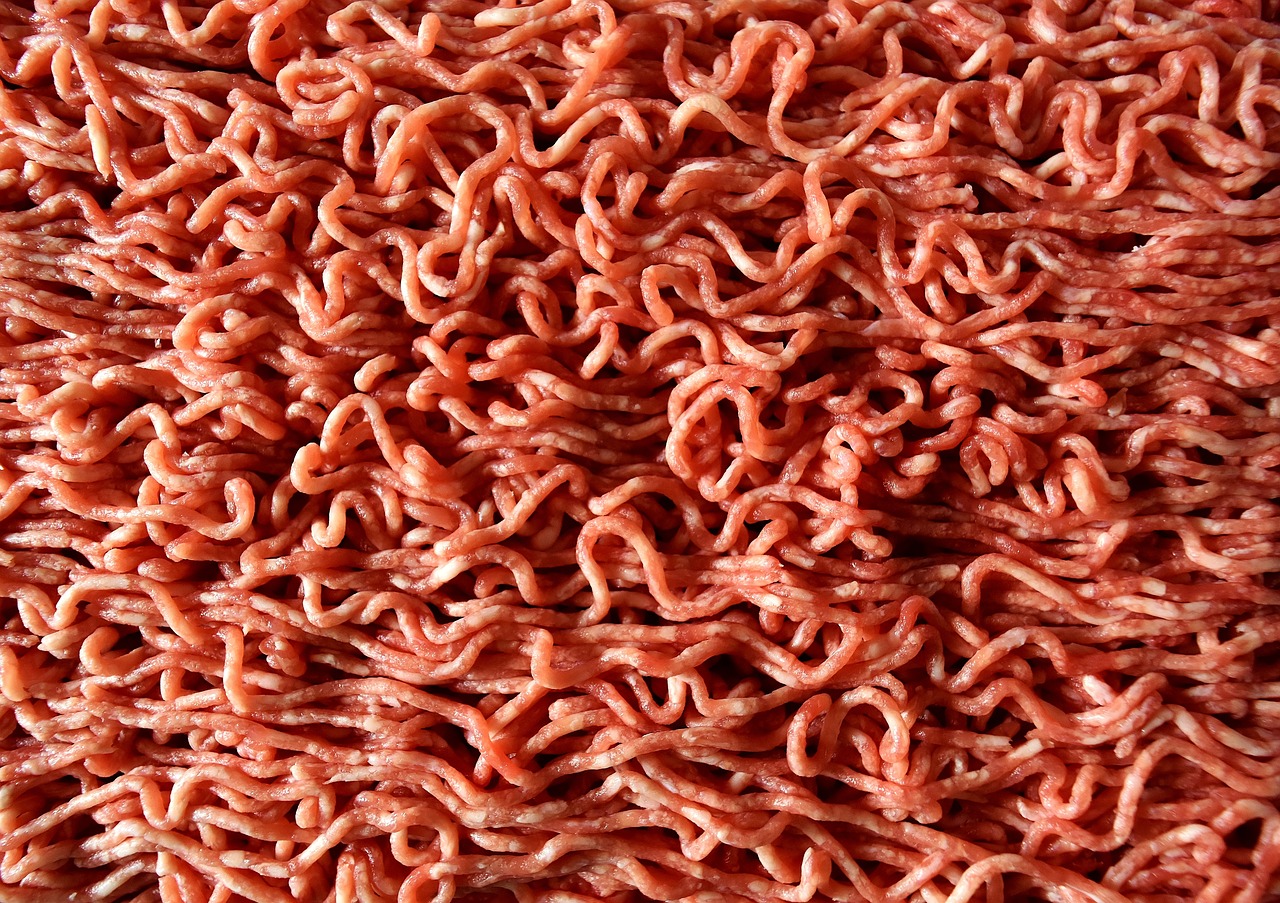Exploring the Health Benefits of Sprouted Wheat: Skyexchange login, World777 login, Golds bet login
skyexchange login, world777 login, golds bet login: Sprouted wheat has been gaining popularity in recent years as a health food trend, and for good reason. This simple grain has been transformed through the sprouting process into a superfood that is packed with nutrients and benefits for our health. In this article, we will explore the various health benefits of sprouted wheat and why you should consider incorporating it into your diet.
What is Sprouted Wheat?
Sprouted wheat is simply wheat that has been allowed to germinate or sprout. This process involves soaking the wheat grains in water until they begin to sprout tiny roots. The sprouted grains are then dried and milled, creating a flour that can be used in various recipes. Sprouted wheat flour is often used in baking bread, muffins, pancakes, and other baked goods.
Rich in Nutrients
One of the main benefits of sprouted wheat is its increased nutrient content compared to traditional wheat flour. The sprouting process unlocks and enhances the availability of vitamins, minerals, and other nutrients in the grains. Sprouted wheat is particularly rich in B vitamins, antioxidants, and enzymes that support digestion and overall health.
Improved Digestibility
Sprouted wheat is also easier to digest than traditional wheat flour. The sprouting process breaks down some of the hard-to-digest components of wheat, such as gluten and phytic acid. This can make sprouted wheat a better option for those with sensitive stomachs or digestive issues. Some people who have trouble digesting regular wheat products find that they can tolerate sprouted wheat much better.
Increased Bioavailability
In addition to being more digestible, sprouted wheat also has increased bioavailability of nutrients. This means that our bodies are better able to absorb and utilize the vitamins and minerals present in sprouted wheat compared to traditional wheat flour. This can lead to better overall nutrition and health outcomes for those who consume sprouted wheat regularly.
Supports Blood Sugar Control
Sprouted wheat has a lower glycemic index compared to traditional wheat flour, which means it has less of an impact on blood sugar levels. This can be beneficial for those looking to manage their blood sugar levels, such as individuals with diabetes or those at risk for developing the condition. Including sprouted wheat in your diet can help stabilize blood sugar and reduce the risk of spikes and crashes.
Promotes Weight Management
The increased fiber content in sprouted wheat can also aid in weight management. Fiber helps to keep you feeling full and satisfied after meals, reducing the likelihood of overeating or snacking on unhealthy foods. Additionally, the nutrients in sprouted wheat can support a healthy metabolism, making it easier to maintain a healthy weight.
Boosts Immune Function
Sprouted wheat is also known for its immune-boosting properties. The vitamins and antioxidants in sprouted wheat help to strengthen the immune system and protect the body from infections and illnesses. Including sprouted wheat in your diet can help support overall immune function and keep you feeling healthy and strong.
How to Use Sprouted Wheat
There are many ways to incorporate sprouted wheat into your diet. You can use sprouted wheat flour in place of traditional wheat flour in recipes such as bread, muffins, pancakes, and waffles. You can also find sprouted wheat cereals, crackers, and other products at health food stores. Experiment with different ways of using sprouted wheat to see what works best for you and your taste preferences.
FAQs about Sprouted Wheat
Q: Is sprouted wheat gluten-free?
A: No, sprouted wheat still contains gluten, so it is not suitable for those with celiac disease or gluten sensitivities.
Q: Are there any potential side effects of eating sprouted wheat?
A: Some people may experience gas or bloating when first introducing sprouted wheat into their diet. This is usually temporary and can be reduced by gradually increasing your intake of sprouted wheat.
Q: Can I sprout wheat at home?
A: Yes, you can sprout wheat at home by soaking wheat grains in water for a few days until they begin to sprout. You can then dry the sprouted grains in a dehydrator or oven and grind them into flour.
In conclusion, sprouted wheat is a nutritious and versatile food that offers numerous health benefits. From improved digestion to immune support, sprouted wheat can be a valuable addition to your diet. Consider adding sprouted wheat products to your shopping list and enjoy the many benefits this superfood has to offer.







